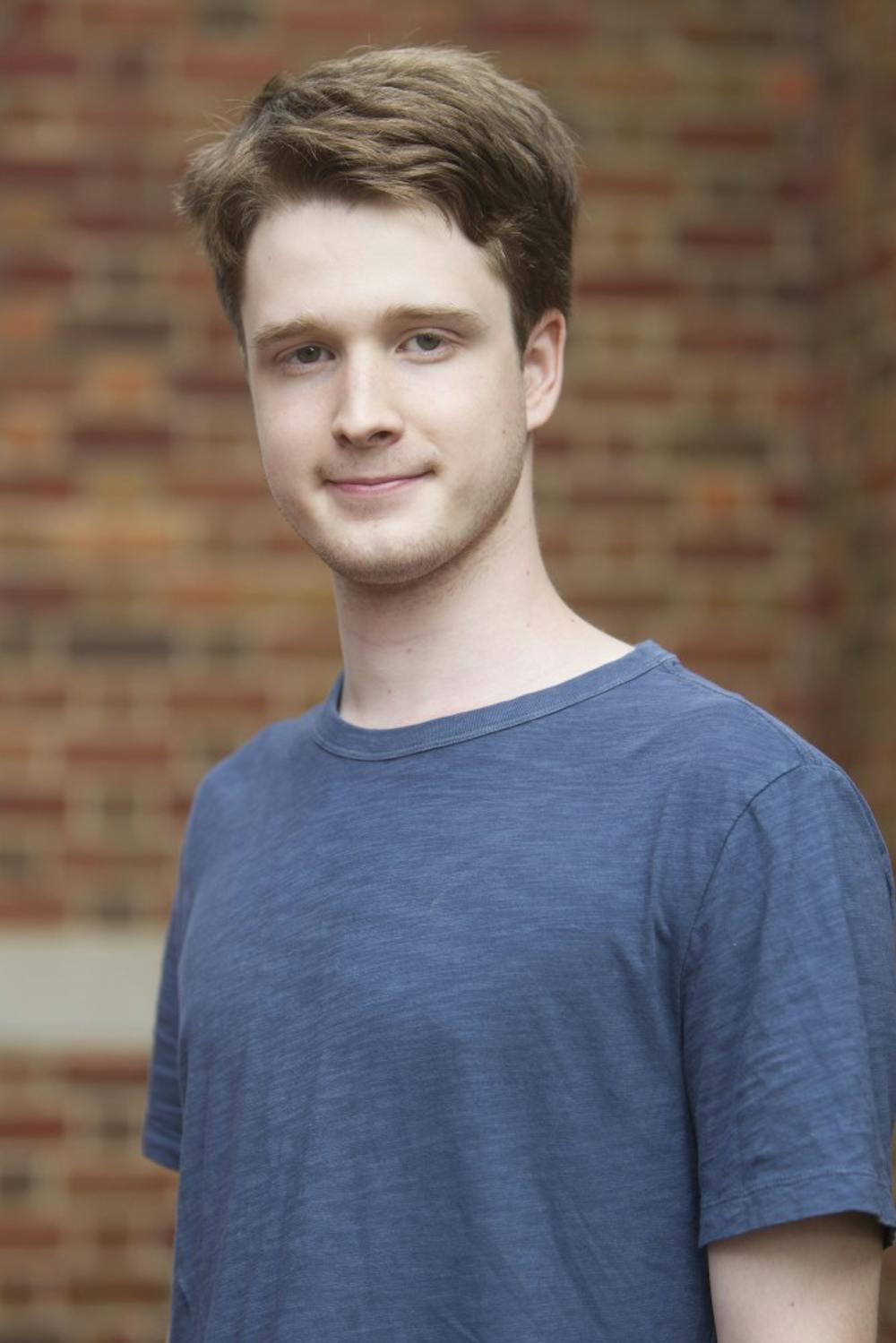You’re exhausted, it’s 3 a.m. and you have a midterm tomorrow. So why hasn’t your stupid body fallen asleep yet?
If your brain has hopped on this infuriating train of thought before, then — like me — you know about the paradoxical state of being too tired to be tired. If you haven’t had the experience, then let me say that the feeling of your mind refusing to shut down no matter how much you try to relax is a stressful one. You toss and turn, shift your pillow around in search of a cold spot, but nothing works. The more you think about it, the worse it gets. To top it all off, your brain also decides that now is a good time to replay embarrassing moments from your life seven years ago.
In short, it’s an experience that I could really pass on.
After pulling a few all-nighters in my struggles against essays, I’ve started to have more and more trouble falling asleep. Despite being so tired I can barely move, I’m struggling to shut my mind down when I close my eyes. The question that’s been on my mind, therefore, is why? Why would such an absurd incongruity ever occur? What evolutionary fluke makes our brains so freaking dumb?
At the risk of sounding like low-effort online clickbait, the answers might shock you.
From a medical standpoint, what happens to our bodies when we’re too tired to fall asleep is pretty freaky. The brain experiences abnormal, hyperactive brain waves. The heart rate also increases to a rapid pulse and the body temperature spikes. Scientists have even measured minor abnormalities in basic hormone production.
So, yeah. Pretty shocking. Keep reading.
The main culprit behind this spooky occurrence is actually not that surprising. In fact, it’s probably the first thing you thought of when I mentioned sleeplessness. Yep, good ol’ stress. Even though everyone experiences different levels, worrying about all the work you still have to get done can cause sleepless nights in anyone. So, even though I was exhausted from writing essays last week, I still had trouble sleeping because the stress of the next thing I had to do was already upon me.
“So, stress is going to be an impossible thing to remove from my life,” I remember thinking to myself as I was doing my research. “Still, maybe I could cut out the second biggest cause of insomnia—”
It’s phones.
“F—k.”
Weird as it might sound, blue light — a very real and very unusual kind of light our phones and computers project a lot of in the form of short wavelengths — tricks our weird lizard brains into thinking it's daylight. Exposure to blue light isn’t really a problem during the day, but when your eyes are scanning late-night texts, your brain literally becomes convinced it’s looking at the sun and it should be getting out of bed because its morning already. By throwing off cycles called the circadian rhythms, our phones are helping to cause all the weird medical malarkey mentioned above.
So, how do we fix this? Beyond taking the more difficult path of cutting down on stress and phones out of our lives, there are a surprising number of easier solutions. One way to help cut down on restless nights is to try and sleep whenever you’re tired. It might seem obvious, but often even though we might feel more exhausted at three in the afternoon than three at night, we refuse to take a nap because it feels like slacking off. Well science says that’s dumb. Take a warrior’s power nap, and you’ll be happier for it.
Another surprising solution — strange though it may seem — is trying to spend less time in bed. Not everybody actually needs eight hours of sleep a night and forcing yourself to lie awake thinking about all the mistakes that led you to this moment isn’t helping anybody. Of course, you shouldn’t skip out on sleep entirely, but experimenting with going to bed later or waking up earlier can help with sleep patterns. Our weird circadian rhythms can also become misaligned if you spend a lot of time in bed when you aren’t trying to sleep.
Over the past few days, I’ve been trying some of these strategies. Some have worked, some haven’t. If you’ve had trouble with being too tired to fall asleep, I’d recommend trying them out. They might seem weird, but sleep is weird. Phones are weird. Stress is weird. College is weird. It all comes down to what works, and, more importantly, what saves us from staring at the ceiling thinking about that one moment in eighth grade when you did something lame.







